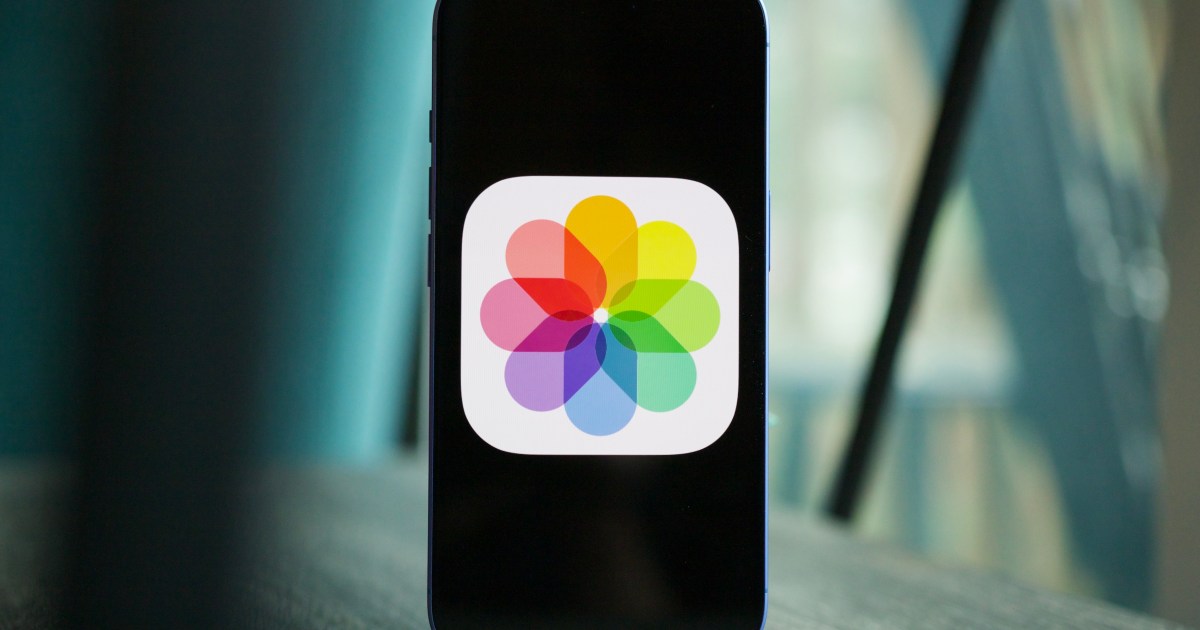A little over a year ago, I wrote about a very silly purchase that I made. I signed up for a 2TB Google One plan, even though I was already paying for a 2TB iCloud plan.
My intention was simple. I liked having all of my images in Apple Photos since I regularly use an iPhone, but I also wanted a reliable place to access all of my pictures when I use an Android phone. As such, I took it upon myself to back up and organize all my pictures across Google Photos and Apple Photos simultaneously.
That’s what I’ve been doing since October 2023. However, fast-forward to December 2024, and my experiment is over. No, I’m not going back to Apple Photos. Instead, I’m giving up on Apple Photos and moving to Google Photos as my primary cloud photo app. It’s not the outcome I expected, and this is how I got here.
I flew too close to the cloud photo sun
A few things went into this decision. The first was realizing that managing and maintaining two cloud photo libraries is a royal pain in the butt.
It was fine for the first few months. When taking pictures on my iPhone, all I had to do was open the Google Photos app to have images backed up to my Google Photos account. When I needed to take photos from my Google Photos library and add them to Apple Photos (aka, any pictures I took with my Android phones), I opened the Google Photos app on my iPhone, selected all the images, and saved them to my device. Alternatively, I could also hop on my computer and do it that way.
It was extra work, but it was going just fine. Every few weeks or so, I’d look at my Google Photos and Apple Photos libraries side by side, ensure they were both up to date, and go on with my day.
But this was only sustainable for so long.
I went on a lot of trips this year, which means I’ve been taking a lot of pictures — mainly on Android phones I’ve been testing and reviewing. On two of my most recent trips this fall/winter — to New Delhi and a cruise to the Bahamas — I tallied over 500 photos.
In theory, saving all your memories across two libraries is great.
The last thing I want to do on vacation is set aside time to download and upload photos from Google Photos to Apple Photos (and vice versa). And by the time I get home and think about how many pictures I need to transfer, the thought becomes too daunting, so I push it off. And then push it off. Again and again, until I likely need to set aside an entire afternoon to get my two libraries up to parity.
In theory, saving all your memories across two libraries is great. But in practice, especially if you’re trying to do so with an Android phone and an iPhone, it’s a time-consuming task that’s only for the most dedicated souls.
Apple Photos is moving in the wrong direction

The dual cloud photo life wasn’t a good fit for me. But what caused me to choose Google Photos as my new, single home rather than returning to Apple Photos as I’d been using it before? A large part of it has to do with the big Photos app redesign introduced with iOS 18 this year.
Apple completely redesigned its Photos app as part of the iOS 18 update. At first, I thought it looked perfectly fine — it even seemed to be an improvement over the old design. But after using it daily for the last few months, I’ve grown quite frustrated with it.
Apple’s decision to eliminate the navigation bar and shove everything on a single page — while bold and commendable — has proven an aggravating user experience. Even after months of trying to adjust to the new design, it still feels cluttered and unintuitive. Google Photos’ app design of Photos, Collections, and Search tabs makes more sense, and I find it much easier to navigate.
But it’s not just lousy app design that’s turned me off from Apple Photos. I’ve also been disappointed with Apple Photos’ slow approach to meaningful new tools. Even with the big push of adding Apple Intelligence to the Apple Photos experience, I still find that Google does a better job here.

Google Photos is consistently better at surfacing old photos/memories for me to look back on, especially with the 2024 year-in-review feature that was recently added. Google Photos is also significantly better at auto-creating photo albums. Its editing tools are more plentiful and robust, and the ability to order photo books/prints/canvases directly from the app remains a staple feature that Apple seems to have no intention of replicating.
Google Photos’ current feature set is one I already appreciate more, and it’s improving at a much more rapid pace than Apple Photos’. Just this month, Google quietly rolled out a helpful tool for seeing which albums images are in. A new Quick Edit feature was recently discovered, too. These aren’t monumental things on their own, but they’re little touches that make Google Photos a better platform, and they’re added much more frequently and regularly compared to Apple’s more measured approach to its photos app.
Google Photos is the better fit for me

I don’t think Apple Photos is a bad cloud photo service. If you only use an iPhone and live deep in Apple’s ecosystem, it’s by far the easiest way to save your photo library.
However, after using both Apple Photos and Google Photos regularly for the last several months, it’s apparent that Google’s service is the better fit for me and my lifestyle. It’s the simpler choice when juggling multiple phones with different operating syatems; the app is easier to use, and the available (and incoming) features are more appealing.
If Apple Photos works better for you — great! Keep on keeping on with it. But Google Photos is the cloud photo app I’ll be focusing on heading into 2025, and I’m quite looking forward to it.
Read the full article here















